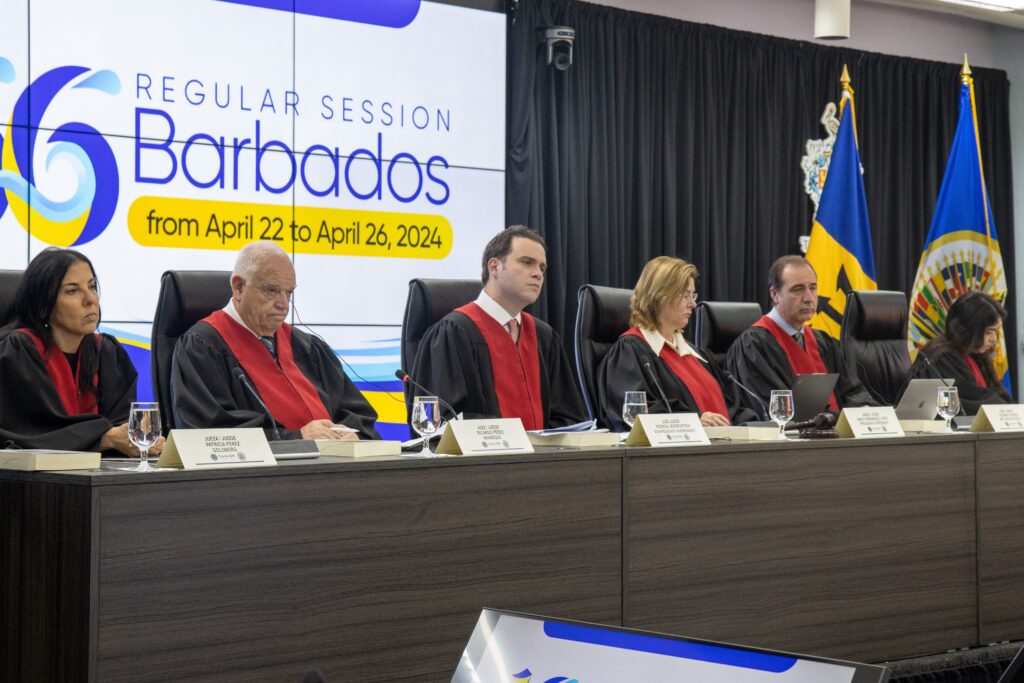A study by Stanford University researchers examining expert credibility in climate change has confirmed that climate skeptics and contrarians within the scientific community comprise at best 3% of the field, and are “vastly overshadowed” in expertise by their colleagues who agree that manmade climate change is real.
As readers of DeSmogBlog know well, the credibility of climate science and scientists has come under attack in recent months. In the wake of the Climategate episode –portrayed in the right wing media as a scandalous cover-up while independent investigations found no evidence calling into question the integrity of climate science – skeptics have loudly argued that the public shouldn’t trust the overwhelming consensus among scientists that man-made climate change is real.
Flipping that faulty assertion on its head, this new Stanford study, published today in the highly-regarded journal Proceedings of the National Academy of Sciences, provides even more reason for the public to scrutinize the credibility of the skeptics and contrarians themselves, showing them to possess less direct expertise and far fewer published works in the climate science literature than colleagues who agree with the consensus view.
Examining a group of 1,372 climate researchers, their publications and the number of times their work is cited by peers in related studies, the Stanford researchers found that:
1) 97-98% of the climate researchers most actively publishing in the field support the tenets of [man-made climate change] outlined by the Intergovernmental Panel on Climate Change; and 2) the relative climate expertise and scientific prominence of the researchers unconvinced of [man-made climate change] are substantially below that of the convinced researchers.”
The authors found that:
“the expertise and prominence, two integral components of overall expert credibility, of climate researchers convinced by the evidence of [anthropogenic climate change] vastly overshadows that of the climate change skeptics and contrarians.”
Reviews of the scientific literature and surveys of climate scientists “indicate striking agreement with the primary conclusions of the Intergovernmental Panel on Climate Change (IPCC),” according to the study.
But you would hardly know that from watching Fox News or reading mainstream media coverage of climate change lately.
Using Climategate and the juvenile theatrics of a handful of Republican politicians as fuel, climate deniers have waged a fierce media campaign to confuse the public in recent months, an effort that poll results in the U.S. indicate had a negative impact on public understanding of climate change and recognition of the urgent need to address it.
While skeptics have been given plenty of oxygen on talk radio and TV lately, they remain remarkably quiet in the annals of peer-reviewed literature. Reams of data and papers have been published in the best scientific journals documenting and supporting the consensus view that humans have altered the climate in potentially catastrophic ways.
In contrast, evidence to support the views of contrarians and skeptics remains mostly unrecognized and unpublished in scientific journals. That is not an indication that the peer-review process is somehow corrupt, as some skeptics contend, but rather a clear sign that skeptics have failed to present to their peers any credible evidence to support their contrary opinions.
It is interesting to note that the study, which was funded by the William and Flora Hewlett Foundation and Stanford University, did not look at the issue of industry funding or conflicts of interest among the skeptics identified in the report. Even without taking those important factors into account, the Stanford researchers demonstrate a clear lack of credibility among skeptics who doubt man-made climate change. The vast majority of skeptics who signed onto joint statements denying man-made climate change “have not published extensively in the peer-reviewed climate literature,” the study found.
This study from Stanford has documented yet again the total lack of credibility and expertise among climate skeptics, yet as long as Fox News and talk radio exist, the public will continue to be duped into the false assumption that there is doubt among the scientific community on this issue.
While President Obama has pledged to craft policy based on the best science available and to consult with the most credible experts, climate skeptics have used biased media outlets and a bullhorn to sow doubt about the scientific consensus on climate change. That dangerous distraction enables lawmakers to avoid making science-based policy decisions, delaying action on climate change and fostering continued dependence on dirty energy sources.
For the full details, read the attached study published in the Proceedings of the National Academy of Sciences.
Subscribe to our newsletter
Stay up to date with DeSmog news and alerts






